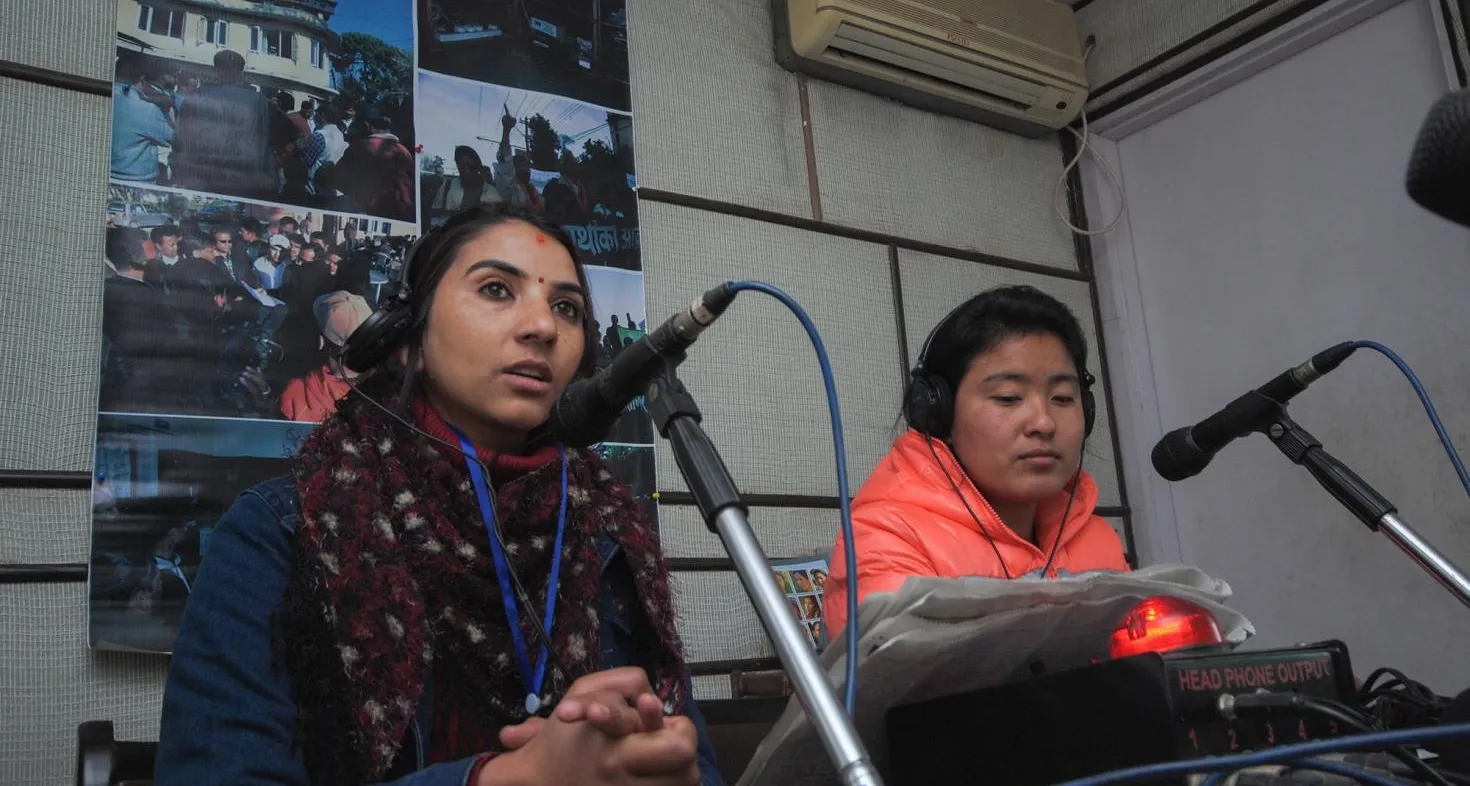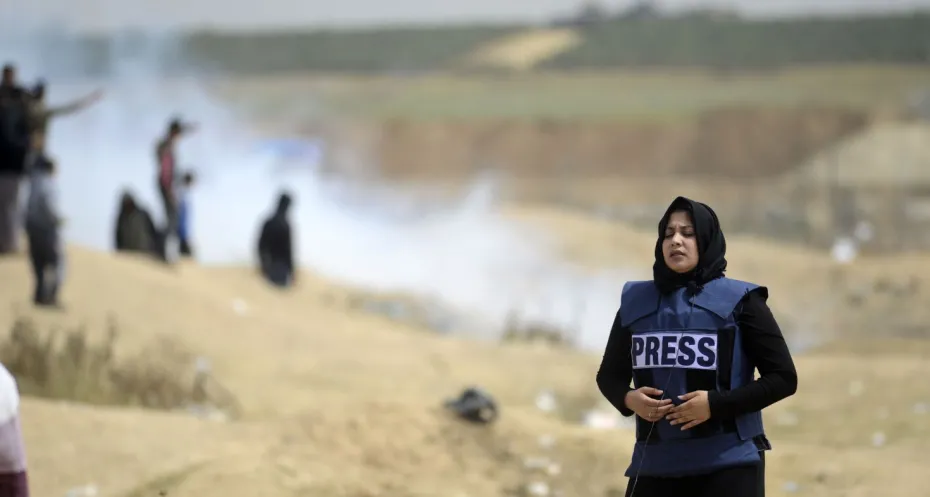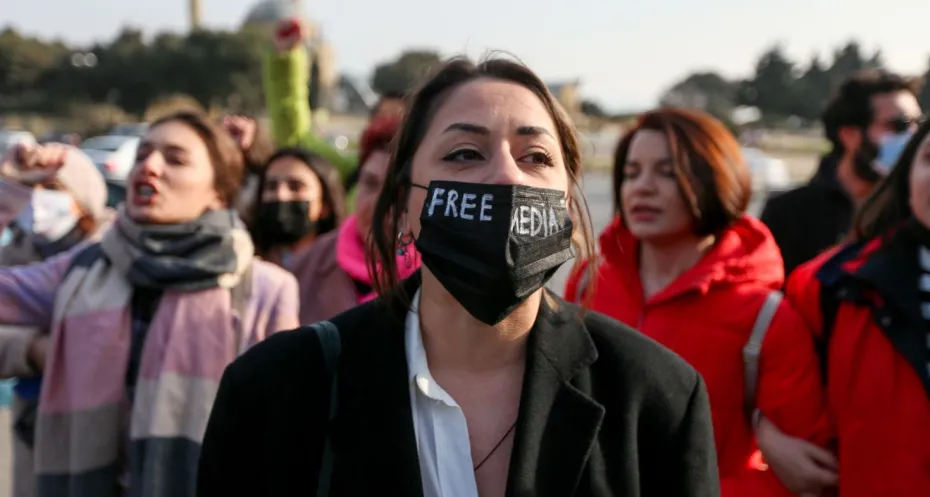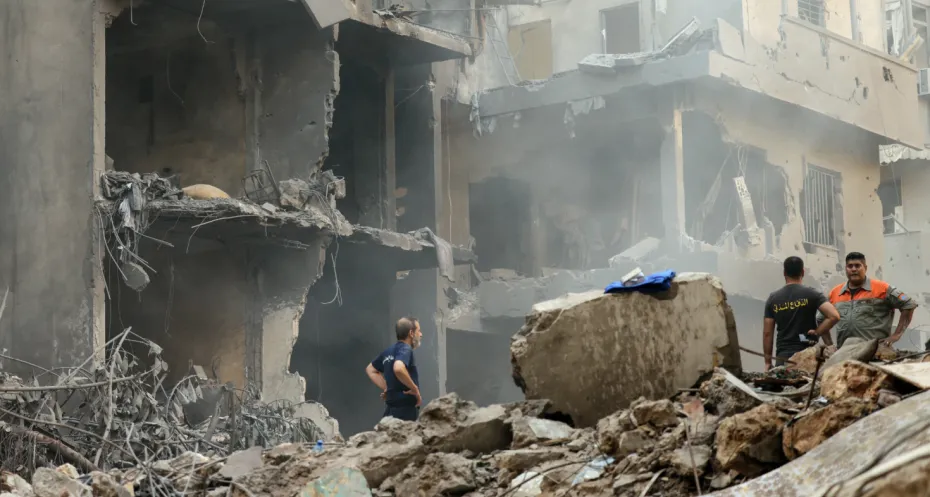
The Covid-19 pandemic puts Nepalese media in survival mode
Nepalese media are doing their best to keep their heads above water amidst a deluge of misinformation and loss of revenue and with no support expected from the government. Journalists continue to report from the front line, without protection; at least nine of them have been infected. Free Press Unlimited-partner Freedom Forum stands up for the media, and works hard at keeping the fragile media landscape afloat.
Nepal has been in strict lockdown since 24 March. The numbers affected by Covid-19 remain relatively low, with 3,448 cases and 13 deaths as of 7 June. However, there are very few testing facilities, and the open border with India, which people cross to work, causes a great infection risk. It is difficult for the fragmented government, spread over 7 provinces and 77 districts, to respond to the crisis.
“The government is unable to implement an effective information system. A lot of misinformation is being spread, even by the government itself. Our fact checking team is working hard to verify the news that is spread on social media, which is currently the main source of information for most people,” says Taranath Dahal, Chief Executive of Freedom Forum.
Freedom Forum
Freedom Forum is a social organisation, dedicated to press freedom and the right to information. In addition to combating fake news, it monitors violations of press freedom and freedom of expression, and offers legal support to citizens and journalists arrested for expressing any criticism of the government. A new task that emerged because of the Covid-19 crisis, is that of supporting journalists and media who have taken a financial hit.
Dahal: ”Since the media industry is not classified as essential, the government does not provide support to independent media organisations and journalists. Print media are closing down, and online media have trouble gathering news from the ground. The entire Nepalese media landscape is at risk.”
Discriminating against independent media
Besides not providing any support, the government also discriminates against independent media. “Nepal has a strong state owned media, where other media are often discriminated against. For example, by being denied access to the presidential office, and to the ministry of health, a focus unit for dealing with the Covid-19 crisis,” Dahal explains.
Income from advertisements has decreased by 90% as a result of the financial impact of the Covid-19 crisis, but this hits the independent and small media the hardest. “The government is one of the main advertisers, but now it is only providing advertisements to its own state media,” Dahal says. This shows another example of the government’s preference for specific media.
Support for journalists
Freedom Forum is working hard to help journalists and media organisations survive. Dahal: “We see a lot of young, trained journalists quitting the profession. This is a huge loss for the Nepalese media industry. In an effort to stop this trend, we are offering fellowships to these journalists to keep them in the profession.”
Another concrete example of how Freedom Forum supports media and the flow of reliable information, is the feature stories system. “We pay the journalist to produce these feature stories, which we then give to media organisations for free. That way we support the journalists by providing them with income, while providing the media with content and the public with quality information,” Dahal says.
Lastly, Freedom Forum is working to produce a fact based report on the impact of the pandemic on the Nepalese media. It will be used in an appeal to the government for a relief package for the media.
Podcast: Together for reliable information
Episode #9: Journalism during Covid-19 in South-East Asia. As a part of the campaign ‘Together for reliable information’ we are producing a series of podcasts to highlight the inspiring initiatives from our partners all over the world to keep bringing reliable information to the public. In every podcast one of our programme coordinators will talk about the latest news from our partners on the frontline. In this podcast we speak with Paco Mens, Project Officer for South-East Asia at Free Press Unlimited. He talks about the arrests journalists face in Bangladesh due to the Digital Security Act, and the large scale operation of distributing protection kits to 1.500 journalists across Indonesia.



